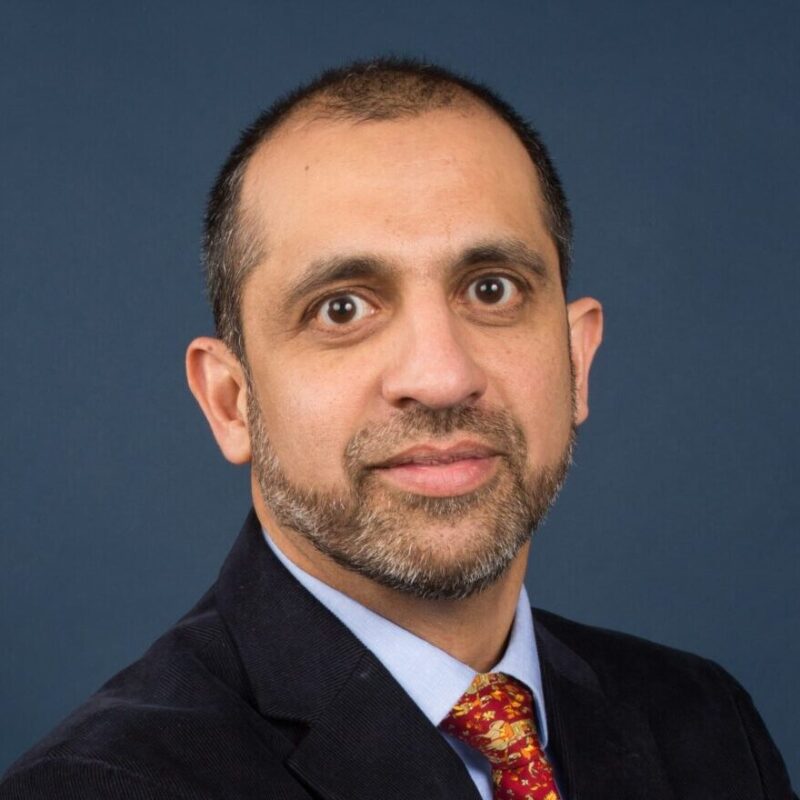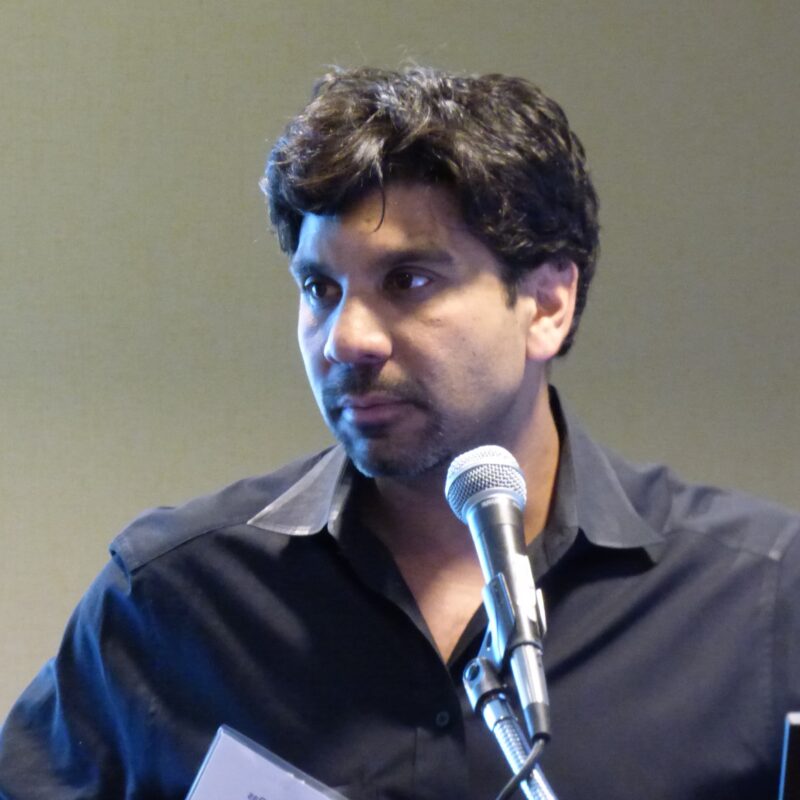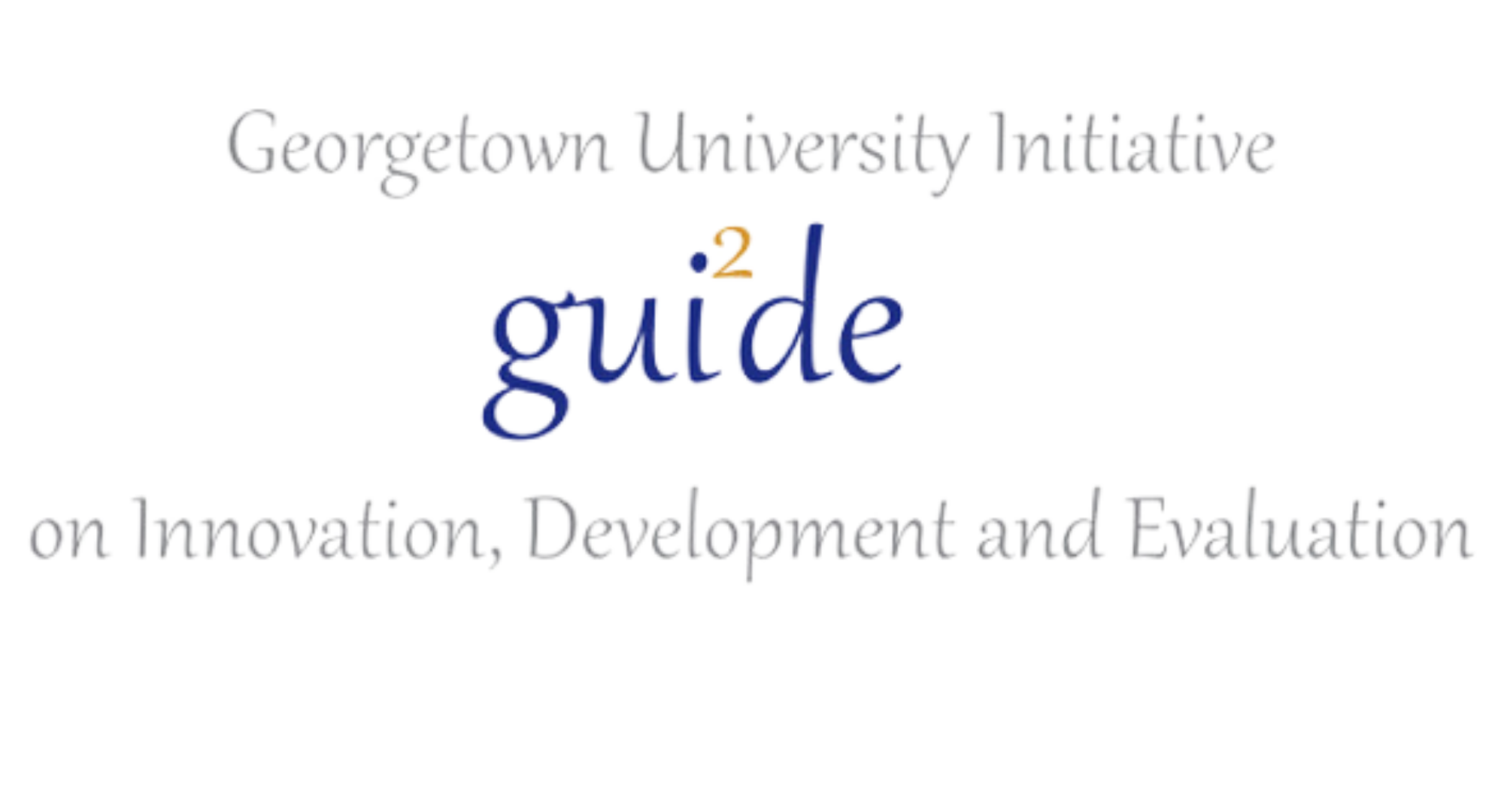Targeted instruction and the take-up and diffusion of innovation
Project overview
Many countries have a need to increase foundational literacy and numeracy, especially after learning losses due to the pandemic. Personalised learning approaches like targeted instruction can help to address this issue, but these can be difficult to scale up due to heavy time and effort requirements.
The Targeted Instruction in Pakistan (TIP) programme was designed by our team as a lower-cost, more easily scalable targeted instruction intervention. Its use of existing teachers and a low-cost technology tool help ease the burden on teachers and schools.
From autumn 2022 to spring 2023, the research team partnered with the education departments of Khyber Pakhtunkhwa (KP) and the Islamabad Capital Territory (ICT) to test two versions of the full TIP programme, reaching over 270,000 children in total. This work was funded by a grant from the Strategic Impact Evaluation Fund at the World Bank.
Now, with What Works Hub for Global Education funding, the research team is exploring how innovations such as Targeted Instruction in Pakistan are adopted and whether they persist over time. Using surveys and classroom observations, the team will examine which teachers took up the TIP technology and whether the classroom practices and innovations included in the TIP programme were retained by teachers or in schools even after the programme ended. The study will also assess children’s learning outcomes. This research will shed light on the long-term impacts of foundational learning interventions, an area where evidence is currently lacking.
One part of the What Works Hub for Global Education extension of TIP research will take an implementation science approach. Implementers of education interventions face a problem: the outcomes needed to assess effectiveness, such as test scores, typically take time to become visible. This study will explore how take-up of a new pedagogical method can be used as a surrogate outcome to allow for quicker assessment of the intervention’s efficacy through a PDSA (Planned, Done, Studied and Acted upon) cycle.
Another portion of the study on Targeted Instruction in Pakistan will fill an evidence gap regarding diffusion of an intervention and persistence of the innovation over time. The degree to which an intervention diffuses and persists in the education system will affect its ability to mainstream an innovation when educational decision makers change. This is a key question in the context of Pakistan (and many low- and middle-income countries) where such changes in the decision-makers may be frequent.
Overall, this work is estimated to reach 270,000 students and 4,500 teachers.
Fast facts
Principal Investigators: Jishnu Das (Georgetown), Tahir Andrabi (Pomona), Asim Khwaja (Harvard)
Time period: 2023–27
Host and Partner Institutions: Georgetown University (host), Pomona College (as a host to PI Andrabi), Harvard University (as host to PI Khwaja), Centre for Economic Research in Pakistan (CERP)






